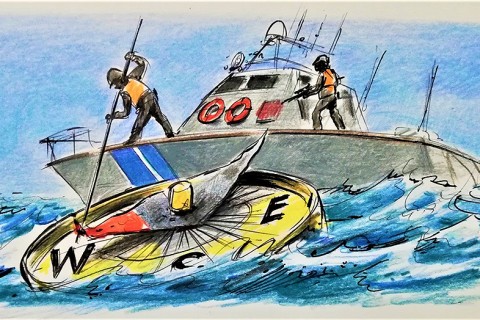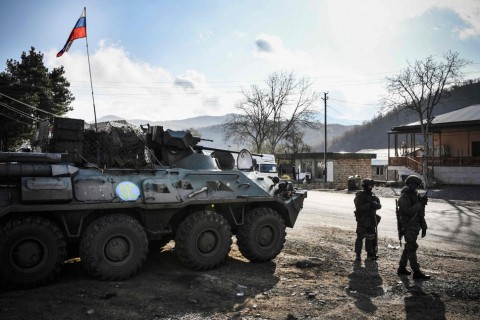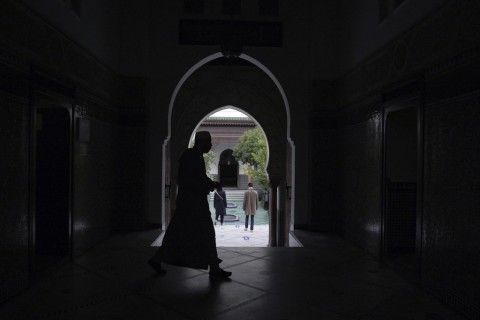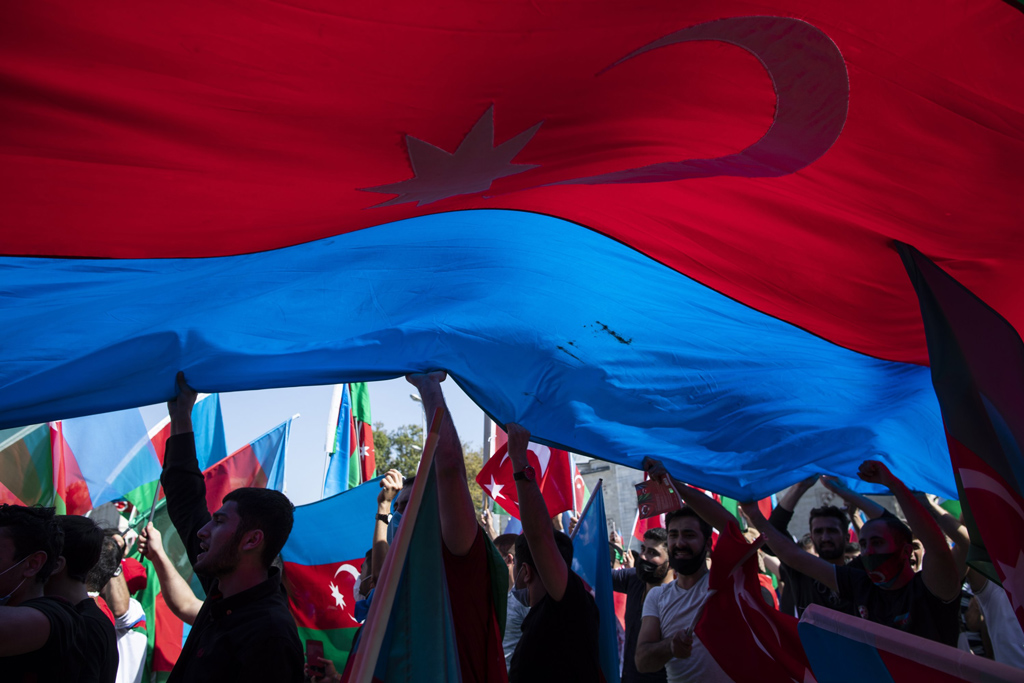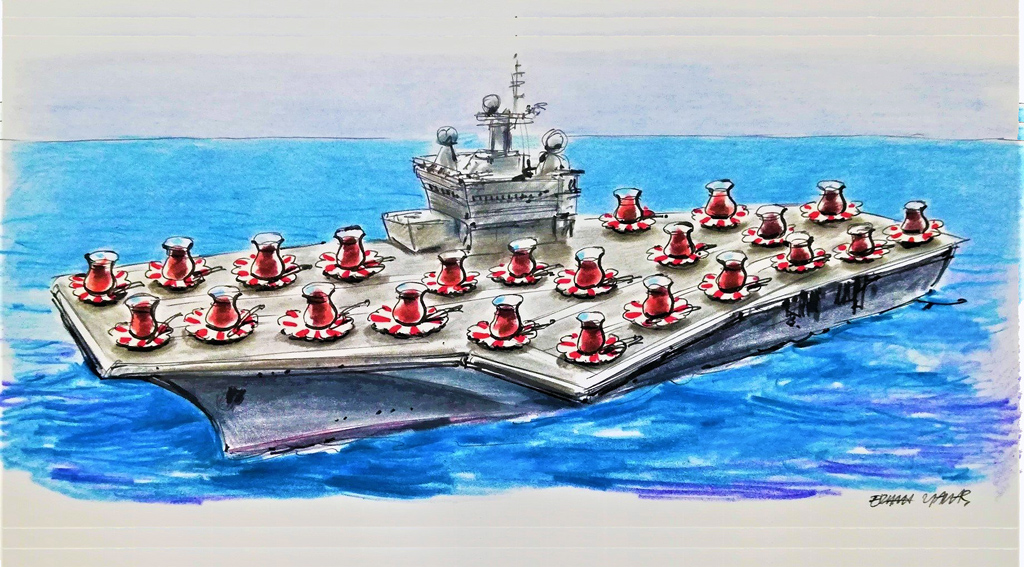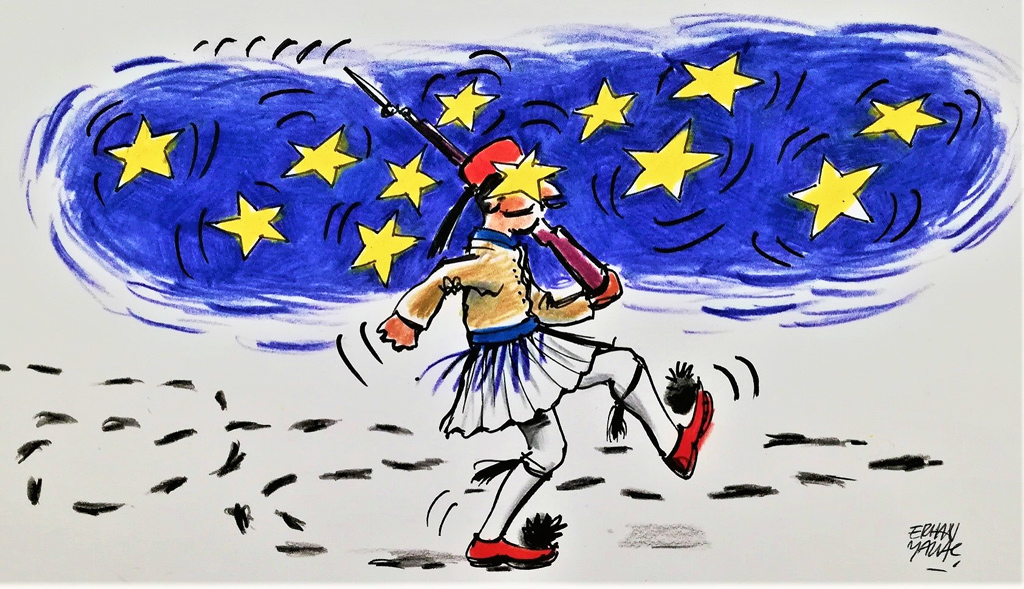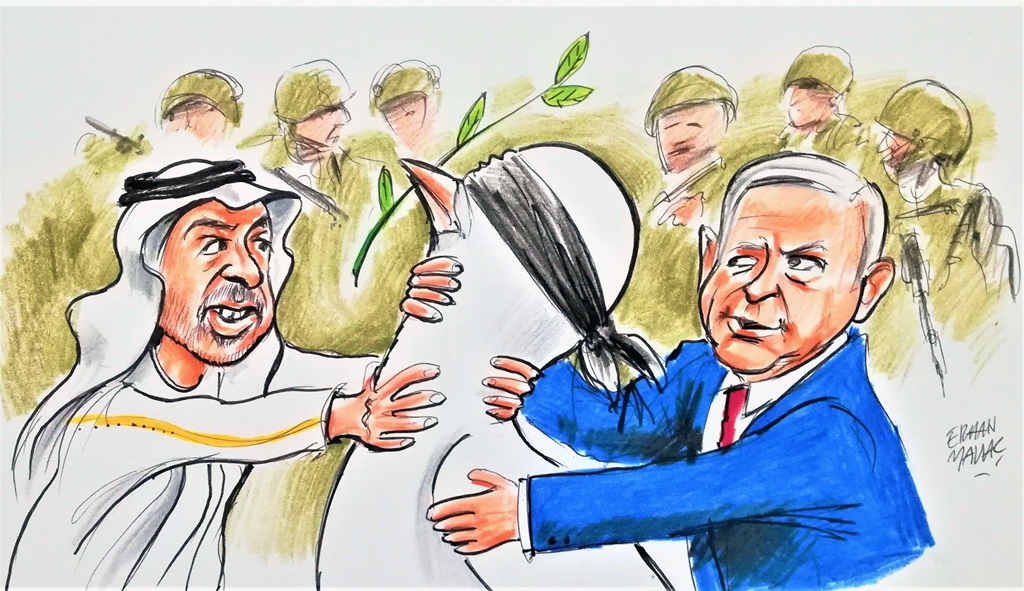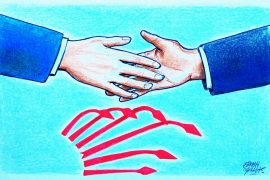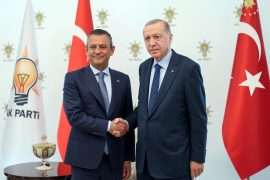Western Countries
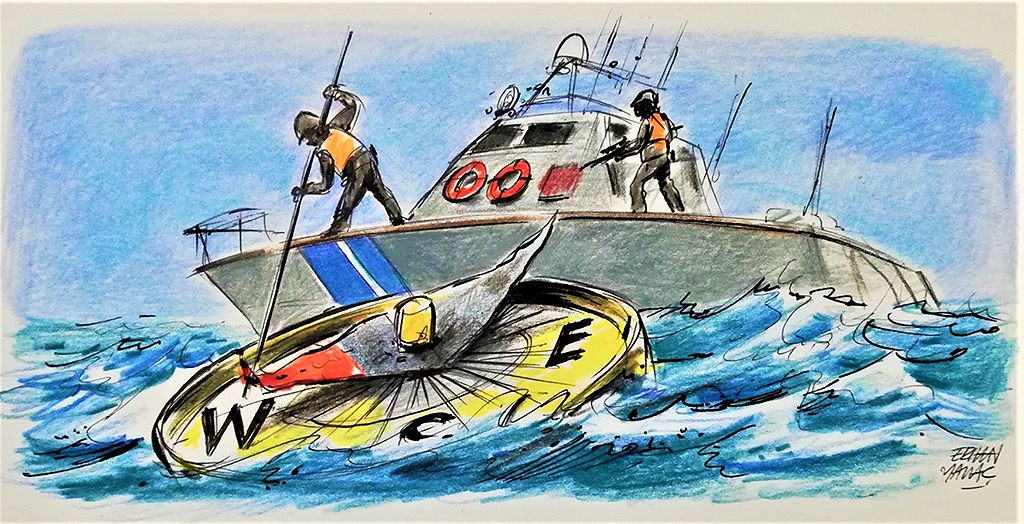
When the West says sorry, everything becomes all right
| OpinionWestern countries have been dominating world politics for the last five centuries. Their foreign policies …
-
Opinion
When the West says sorry, everything becomes all right
By Muhittin AtamanWestern countries have been dominating world politics for the last five centuries. Their foreign policies have been based on realpolitik, politics based on practical situations and needs, rather than on moral principles or ideas. Therefore, they can instrumentalize everything and violate basic principles of law to achieve their political and economic objectives, especially when they are stuck.
-
Opinion
Pro-Armenian West is net loser of 2nd Karabakh war
By Muhittin AtamanThe second Karabakh war ended on Nov. 10, 2020, when the Armenian government admitted defeat and signed a cease-fire agreement with Azerbaijan. The nearly 30-year-old conflict finally has come to an end.
-
Opinion
Why has the West turned against Islam?
By Muhittin AtamanHistorically, Western governments prefer liberal values and principles in their foreign relations only when they enjoy a competitive advantage. When the governments experience crises and find themselves in a disadvantaged position, hatred, alienization and otherization increases. This has been the case recently with the Western world knee-deep in political, social and economic crises.
Bu Konuda Daha Fazla
-
Neither war nor peace in Nagorno-Karabakh
By Talha KöseThe ongoing conflict between Armenia and Azerbaijan – which began with the former's recent aggression – has escalated rapidly since Azerbaijan retaliated in kind. Baku has indeed turned Yerevan's miscalculation into an opportunity to regain lost territories. So far, Azerbaijan has made some remarkable military gains to liberate some of its territories from the Armenian occupation.
-
What does the West want from Turkey?
By Muhittin AtamanIn this piece, I will attempt to answer the question that I asked in last week’s column, in which I tried to assess the French approach toward Turkey. I will elaborate on the general view of the Western countries toward Turkey by answering the following questions: Why has the West been otherizing and alienating Turkey? What are the main sources of anti-Turkish sentiments in the West? Why is the West concerned about the democratic institutions in Muslim countries? Is the rise of Turkophobia related to the most recent wave of Islamophobia? Why is the West against the Justice and Development Party (AK Party) government? Are they worried about the rise of the Turkish state?
-
What does France want from Turkey?
By Muhittin AtamanFor the last decade, the main concern of Turkish foreign policy has been the crises in the Middle East and North Africa, which include threats emanating from different terrorist groups and state failures as a result of Arab insurgencies. Ankara, however, has been spending its energy on its relations with Western countries, especially France and the United States, rather than on these crises. Nowadays, many observers both from inside and outside the nation have been trying to answer the question, “What does the West want from Turkey?” In this piece, I will try to trace the roots of Paris' approach toward Ankara.
-
What Greece wants from Turkey
By Muhittin AtamanOne of the main reasons for Greece’s anti-Turkish policies is the dramatic change in the balance of power between Turkey and Greece. Turkey began to play in the upper league and became a major regional power. Therefore, Greece has been trying to prevent the further rise of Turkish power in the region, and for this reason, it is insistently trying to provoke Turkey and push it over its limits.
-
UAE and Israel: Normalization or formalization?
By Muhittin AtamanThe UAE-Israel deal is simple a formalization of bilateral relations under the auspices of the U.S.
